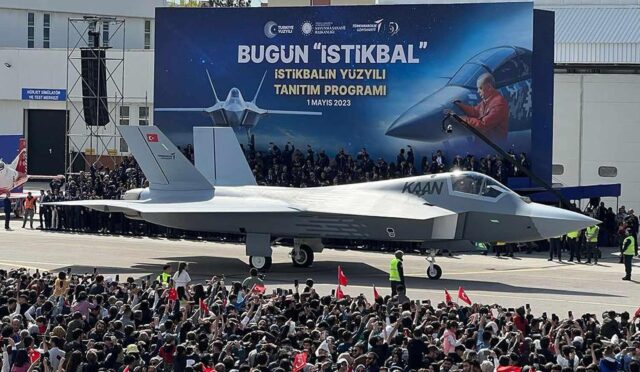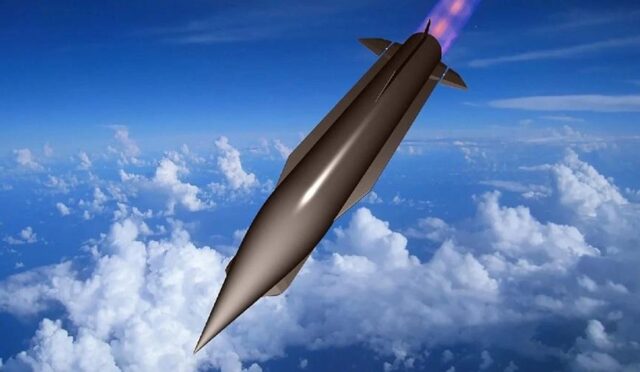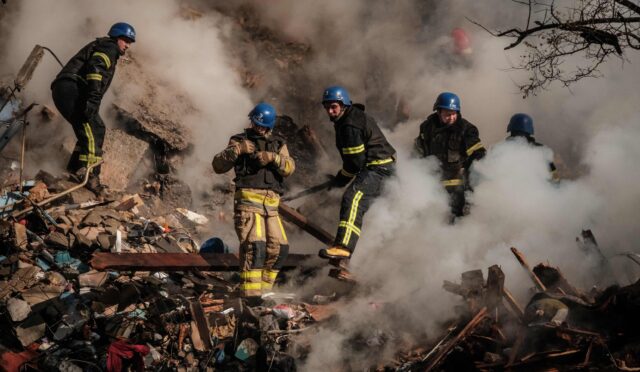Escalating Hostilities in the Red Sea
On Monday, Yemen’s Iran-backed Houthi rebels announced they had attacked an American aircraft carrier group twice within 24 hours, framing the offensives as retaliation against U.S. military actions in the region. The initial attack reportedly involved launching 18 missiles and a drone at the USS Harry Truman, alongside its fleet stationed in the Red Sea. Following this, the Houthis claimed a subsequent assault occurred, raising concerns about escalating tensions in an already volatile area.
Despite the rebels’ claims, the United States has not issued an immediate response. A Houthi spokesperson took to Telegram, emphasizing that the attacks aimed to counter what they described as ongoing American aggression against Yemen. The situation adds strain to U.S.-Houthi relations as Washington has vowed to continue military operations in Yemen until the Houthi attacks on maritime shipping in the Red Sea cease.
Casualties and Humanitarian Impact
The Houthi health ministry released a report stating that U.S. airstrikes over the weekend resulted in 53 fatalities, including women and children, and injured 98 others. In response to the U.S. strikes, Houthi media alleged further attacks occurred, including one on a cotton ginning factory in Hodeidah and targeting an Israeli vessel, the Galaxy Leader, which has been in Houthi custody for over a year.
In light of these developments, Houthi leader Abdulmalik al-Houthi called for demonstrations to show defiance against the U.S. actions. The United Nations has urged both parties to halt all military activity as fears grow regarding the humanitarian consequences of the renewed conflict. This call for peace comes amidst ongoing attacks by the Houthis, who have also targeted shipping linked to Israel throughout the ongoing conflict.
Stalled Peace Process Amid Renewed Attacks
Prior to the recent incidents, Houthi forces had not launched any strikes in the Red Sea or Gulf of Aden since a ceasefire was established in January. Their decision to rekindle hostilities comes after Israel’s cessation of humanitarian aid to Gaza. The rebels have publicly warned that they would consider further military options if U.S. actions persisted, signaling a potential spiral of violence in the region.
U.S. strikes over the weekend marked the first military engagement since President Trump resumed office. Notably, National Security Advisor Michael Waltz informed media outlets that the strikes successfully targeted key Houthi leaders, effectively eliminating some from the battlefield. In a stark warning, Trump cautioned the Houthis that retribution would be severe if assaults continued.
Concerns Over Regional Stability and Shipping Routes
Witnesses in Yemen’s capital, Sanaa, shared harrowing accounts of the destruction following the U.S. strikes, with one local describing a ‘horrific explosion’ that dislodged windows and rattled homes. Visual reports from Houthi media captured distressing scenes, including injured children, underscoring the costly toll of the military operations on civilians. However, access to explosion sites has been tightly controlled by the Houthis, complicating efforts to assess the full consequences.
Iran’s Foreign Minister, Abbas Araghchi, expressed condemnation of the U.S. actions, insisting that Washington lacks the authority to dictate Tehran’s foreign dealings. Moreover, the Houthis articulated their readiness to respond decisively in the face of escalation, highlighting the tense standoff in the region.
Global Shipping and the Growing Crisis
A recent database from ACLED, a non-profit monitoring organization, reported that the Houthis have executed 136 attacks on various naval vessels and commercial ships since October 19, 2023. Often referred to as vital to global trade, the Red Sea shipping lanes now find many companies rerouting vessels around southern Africa as a precaution against Houthi violence, resulting in significant financial losses.
The Houthi’s support for the Palestinian group Hamas further complicates the situation, with messages of solidarity being met with outrage from U.S. officials. The U.S. condemned the attacks as violations of international law, exacerbating the existing tensions. Meanwhile, Iran’s Revolutionary Guard echoed the sentiment of restraint, stating they would not initiate war, but would respond decisively if provoked.
The Broader Context of the Yemen Conflict
While the United States has launched several strikes against Houthi targets in the past, Israel has also intervened in Yemen, primarily aimed at addressing missile threats toward its territory. Despite the relative pause in violence following a 2022 ceasefire, the Houthi maritime attacks have stalled hopes for a peaceful resolution and have contributed to one of the most severe humanitarian crises globally.
The ongoing conflict has resulted in astounding casualties, with hundreds of thousands affected directly by violence or through indirect consequences like disease. As the situation unfolds, it remains clear that the stakes are high for both regional and global stability, as military actions continue to escalate in a fight that has profoundly impacted innocent lives in Yemen.







